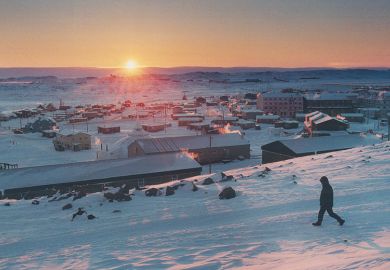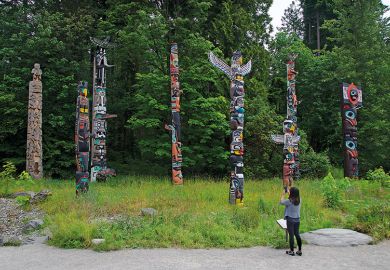Indigenous post-secondary institutes in Ontario are one step closer to being able to award their own degrees, following the introduction of new legislation.
Ontario’s nine indigenous-governed and operated post-secondary institutions, which provide education and training to aboriginal students, currently partner with colleges and universities to offer degree, certificate, and diploma programmes.
But, if passed, new legislation from the Ontario government would allow for the creation of an indigenous council, which would, among other functions, approve these programmes at indigenous institutes.
The proposed legislation is the result of a joint policy co-created by the Aboriginal Institutes Consortium, the industry association for the nine indigenous institutes, and the government of Ontario.
The government is also investing C$56 million (£33 million) over the next three years to help indigenous institutes expand their capacity.
The Ontario government said that the law would recognise indigenous institutes as a unique and complementary pillar of Ontario’s post-secondary education system and support the independence and sustainability of the institutes.
Rose Mosquito, chair of the Aboriginal Institutes Consortium and executive director of the Oshki-Pimache-O-Win Education and Training Institute, said that the legislation will “empower more indigenous learners to reach for their dreams and to learn in culturally and linguistically responsive First Nation environments”.
David Zimmer, minister of indigenous relations and reconciliation, added that the legislation is an “important step toward reconciliation and greater indigenous control over the design, delivery, and governance of education programmes and services”.
Indigenous institutes were created in the 1980s by political territorial organisations and individual First Nation communities to meet the education and training demands of their communities in the absence of local and culturally appropriate alternatives.
Register to continue
Why register?
- Registration is free and only takes a moment
- Once registered, you can read 3 articles a month
- Sign up for our newsletter
Subscribe
Or subscribe for unlimited access to:
- Unlimited access to news, views, insights & reviews
- Digital editions
- Digital access to THE’s university and college rankings analysis
Already registered or a current subscriber?








